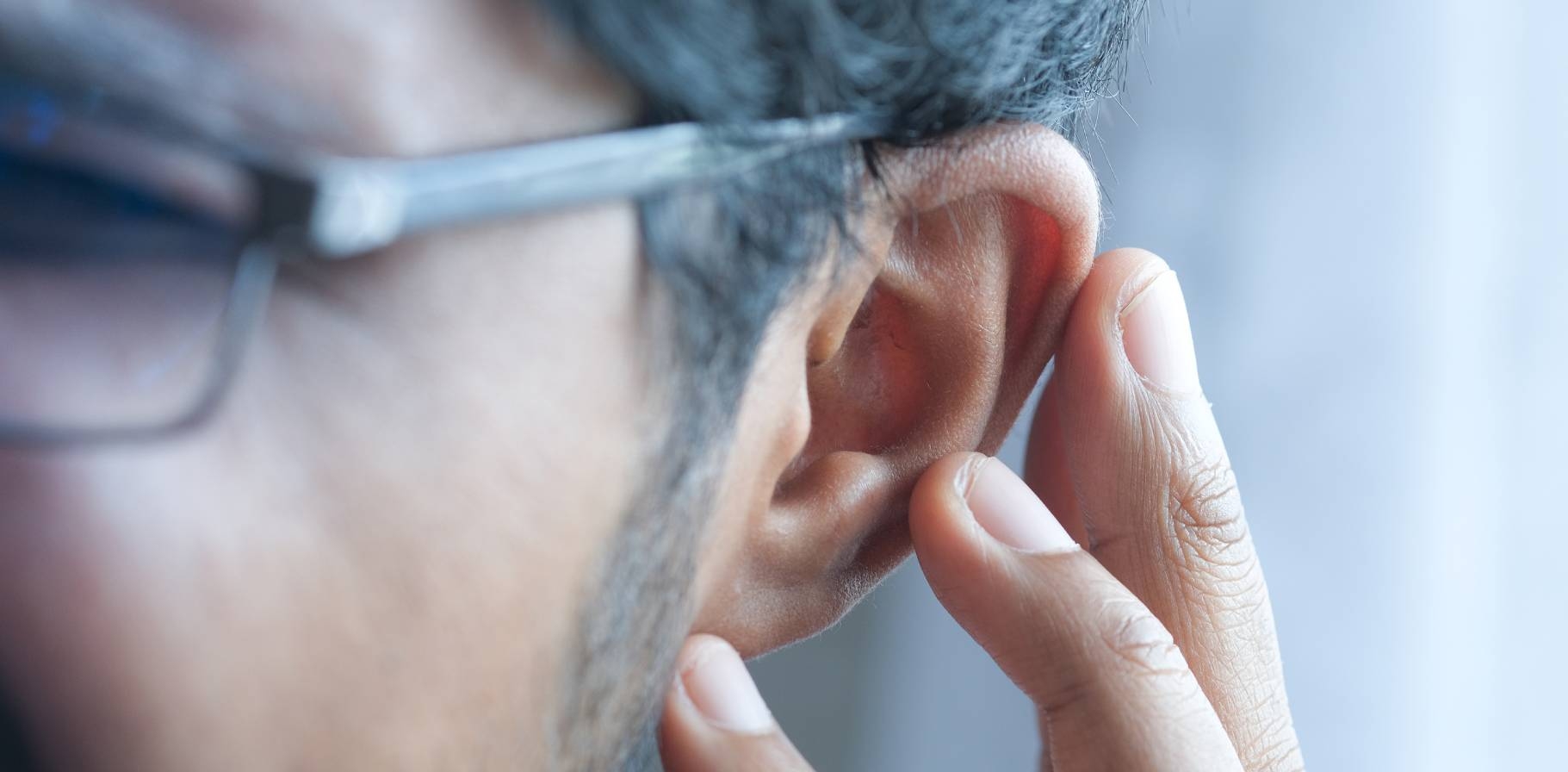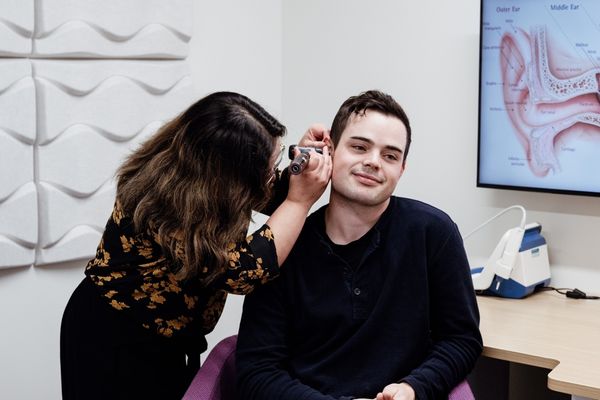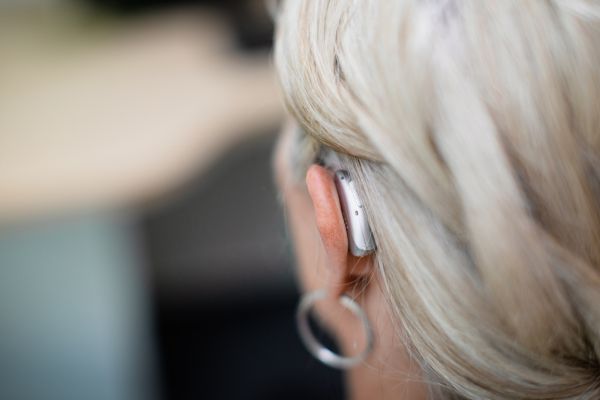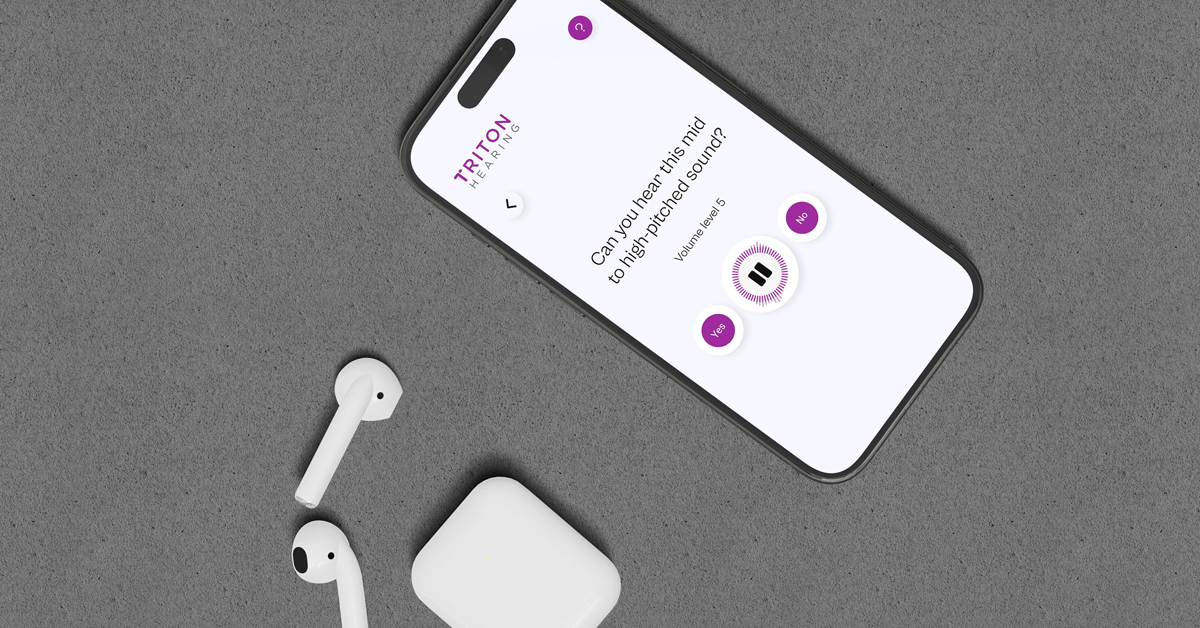Perforated Eardrum

Perforated Eardrum
10 Minutes
Published 11 April 2021
A perforated eardrum is when the thin, oval layer of tissue deep in the ear canal – which helps protect the delicate middle and inner ear from the outside – bursts. This can happen for several reasons, but the results are usually the same: ear pain and temporary hearing loss. Because the ear has been exposed to potential damage and/or infection, it’s best to seek medical advice immediately regarding your perforated eardrum. In more serious cases, surgery may be required to repair the ruptured membrane. Let’s look at some of the symptoms, causes, and treatments for a perforated eardrum.
Perforated eardrum symptoms
- Sudden hearing loss
- Tinnitus
- Itchy ear
- Ear discharge
- High temperature
Causes of a ruptured eardrum
There are many reasons why the eardrum can perforate. From fluid build-up to foreign objects, they rupture at the slightest change in their environment. It’s imperative that you take good care of your ears and make sure not to handle them too roughly. Whether it’s minimising use of cotton buds when cleaning ears at home or limiting exposure to loud noises, every precautionary measure helps promote much better hearing health.- Ear infection
- Injury to the ear
- Sudden loud noise
- Changes in pressure
How to treat a perforated eardrum
Any tear or hole in your eardrum should be looked into immediately. Effective handling of a perforated eardrum depends on the following action points:- Diagnosis: The first step to any successful treatment plan is diagnosis. Using a magnifying instrument known as an otoscope, your audiologist will be able to identify any tears or holes in the eardrum. To determine the extent of the rupture or possible causes, they may also check your overall quality of hearing.
- Treatment: Because perforated eardrums often improve on their own after a few weeks, treatment isn’t always required. Still, visiting your audiologist will help determine the cause and allow for any treatment that you might need.
- Antibiotics may be prescribed to help clear up an existing ear infection, as well as to prevent one from developing.







